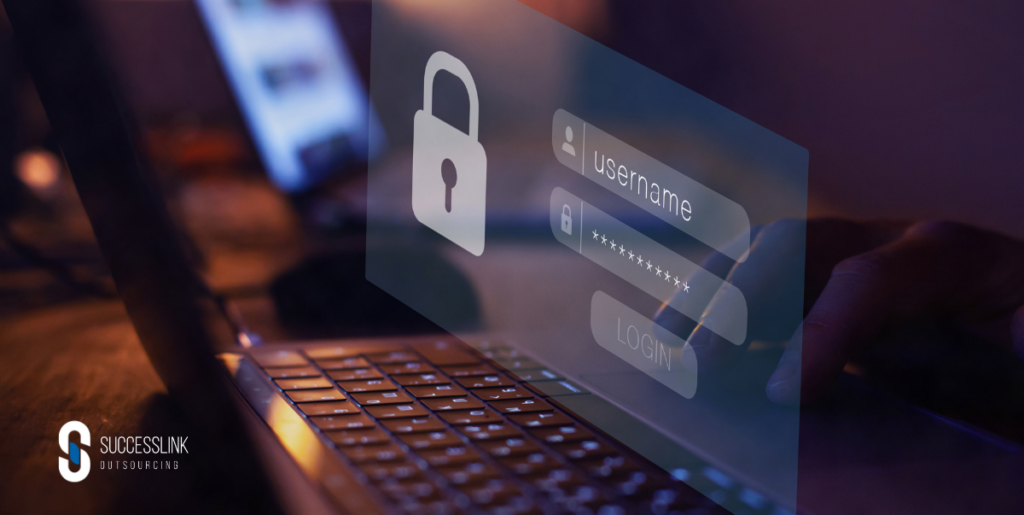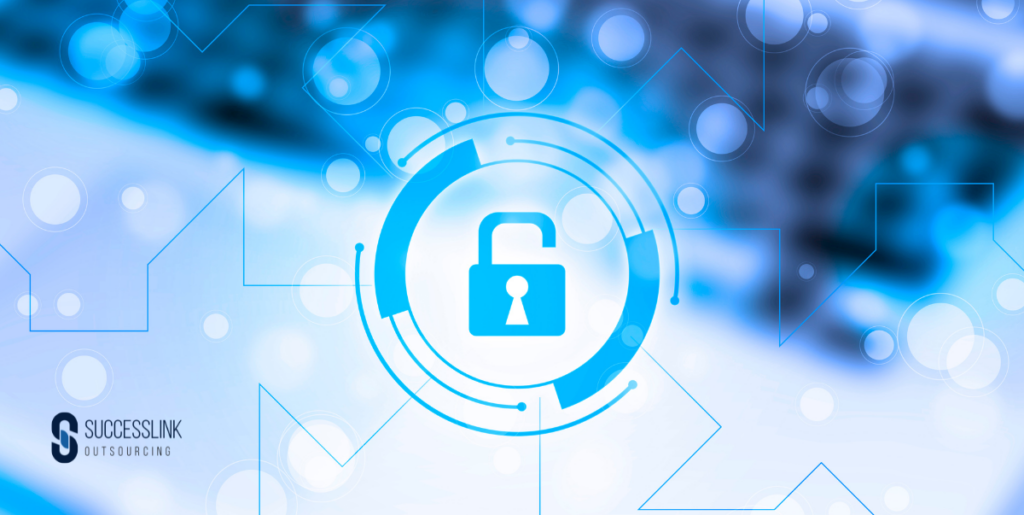In an era where digital threats are evolving at an unprecedented pace, robust cybersecurity measures are more crucial than ever. Businesses, regardless of their size or industry, are prime targets for cyberattacks, making cybersecurity a top priority. As the complexity and frequency of cyber threats increase, many companies are turning to outsourcing as a solution to bolster their security posture. This article delves into the importance of robust cybersecurity measures, the benefits of outsourcing cybersecurity, and presents case studies of successful cybersecurity partnerships.

The Importance of Robust Cybersecurity Measures
Cybersecurity is no longer just an IT concern; it is a critical business function that impacts every aspect of an organization. The consequences of a data breach can be devastating, including financial losses, reputational damage, and legal liabilities. According to a report by Cybersecurity Ventures, cybercrime is predicted to cost the world $10.5 trillion annually by 2025, up from $3 trillion in 2015.

Several factors highlight the importance of robust cybersecurity measures:
- Increasing Cyber Threats: The frequency and sophistication of cyberattacks are on the rise, with hackers employing advanced tactics to exploit vulnerabilities.
- Regulatory Compliance: Businesses must adhere to various regulations and standards, such as GDPR, HIPAA, and CCPA, which mandate stringent data protection measures.
- Remote Work: The shift to remote work has expanded the attack surface, making it imperative to secure remote connections and devices.
- Intellectual Property Protection: Protecting intellectual property and sensitive business information is crucial for maintaining a competitive edge.
- Customer Trust: Maintaining customer trust requires safeguarding their personal and financial information from cyber threats.

The Benefits of Outsourcing Cybersecurity
Outsourcing cybersecurity to specialized service providers offers numerous advantages, making it an attractive option for businesses aiming to enhance their security posture.
1. Access to Expertise:
Cybersecurity outsourcing provides access to a team of experts with extensive knowledge and experience in managing and mitigating cyber threats. These professionals stay updated on the latest threats and technologies, ensuring top-tier protection for your business.
2. Cost-Effective Solutions:
Building an in-house cybersecurity team can be costly, involving significant investments in personnel, training, and technology. Outsourcing offers a cost-effective alternative, providing comprehensive security services at a fraction of the cost.
3. 24/7 Monitoring and Response:
Managed security service providers (MSSPs) offer round-the-clock monitoring and incident response, ensuring that threats are detected and addressed promptly. This continuous vigilance is essential for minimizing the impact of cyber incidents.
4. Advanced Security Technologies:
Cybersecurity outsourcing partners leverage cutting-edge technologies and tools to protect against evolving threats. This includes advanced threat detection, intrusion prevention systems, and data encryption solutions.
5. Scalability:
Outsourcing allows businesses to scale their security measures based on their needs. Whether you require enhanced protection during peak seasons or additional resources for specific projects, MSSPs can adjust their services accordingly.
6. Focus on Core Business:
By outsourcing cybersecurity, businesses can focus on their core operations and strategic initiatives, knowing that their security needs are in capable hands.

Case Studies of Successful Cybersecurity Partnerships
Several businesses have successfully leveraged cybersecurity outsourcing to strengthen their security posture and protect against cyber threats. Here are a few case studies:
1. Sony Pictures Entertainment:
In 2014, Sony Pictures Entertainment suffered a massive cyberattack that resulted in significant data breaches and financial losses. Following the attack, Sony partnered with an MSSP to enhance its cybersecurity infrastructure. The outsourced team implemented advanced threat detection and response systems, conducted regular security assessments, and provided continuous monitoring. This partnership significantly improved Sony’s cybersecurity resilience, preventing further incidents.
2. Target:
Target experienced a high-profile data breach in 2013, compromising the personal information of millions of customers. To address the vulnerabilities exposed by the breach, Target outsourced its cybersecurity to a leading MSSP. The provider implemented robust security measures, including endpoint protection, network security, and threat intelligence. This collaboration helped Target rebuild its security framework and restore customer trust.
3. Equifax:
The 2017 Equifax data breach exposed sensitive information of over 147 million people. In response, Equifax outsourced its cybersecurity to a specialized firm that provided comprehensive security services, including risk assessments, incident response, and security training. The outsourced team worked closely with Equifax to identify and remediate vulnerabilities, significantly enhancing the company’s overall security posture.
4. Capital One:
Capital One faced a major data breach in 2019, affecting over 100 million customers. To prevent future incidents, Capital One partnered with an MSSP to strengthen its cybersecurity defenses. The outsourcing firm deployed advanced security technologies, such as AI-driven threat detection and real-time monitoring, to safeguard Capital One’s data and systems. This partnership enabled Capital One to effectively manage and mitigate cyber risks.

Key Considerations for Successful Cybersecurity Outsourcing
While the benefits of outsourcing cybersecurity are compelling, achieving success requires careful planning and execution. Here are some key considerations for businesses looking to outsource their cybersecurity:
1. Choosing the Right Partner:
Selecting the right MSSP is crucial. Businesses should evaluate potential partners based on their expertise, track record, and the range of services offered. It is essential to choose a provider that aligns with your organization’s security needs and objectives.
2. Defining Scope and Objectives:
Clearly defining the scope of services and objectives is essential for managing expectations and ensuring that both parties are aligned on the goals of the partnership.
3. Establishing Clear Communication Channels:
Effective communication is critical for the success of any outsourcing relationship. Establishing clear channels of communication and regular reporting can help maintain transparency and collaboration.
4. Continuous Monitoring and Improvement:
Cybersecurity is not a one-time effort but an ongoing process. Businesses should work with their MSSP to continuously monitor, assess, and improve their security measures to stay ahead of evolving threats.
5. Security and Compliance:
Ensuring that the outsourcing partner adheres to industry standards and regulatory requirements is vital for maintaining compliance and protecting sensitive data.

Conclusion
In a world where cyber threats are ever-present and increasingly sophisticated, robust cybersecurity measures are essential for business success. Outsourcing cybersecurity to specialized service providers offers access to expertise, advanced technologies, and cost-effective solutions that can significantly enhance an organization’s security posture. Case studies from industry leaders like Sony, Target, Equifax, and Capital One demonstrate the transformative impact of outsourcing on cybersecurity resilience. By understanding the benefits and best practices of cybersecurity outsourcing, businesses can effectively protect their assets, data, and reputation in an increasingly digital landscape.
Sources:
1. “Sony Pictures Entertainment makes cybersecurity a top priority after 2014 breach” by CSO Online.
2. “Lessons from Target on cybersecurity” by Forbes.
3. “Equifax’s cybersecurity investments didn’t keep pace, says former CEO” by Wall Street Journal.
4. “Capital One CEO on what it will take to regain customers’ trust after data breach” by CNBC

